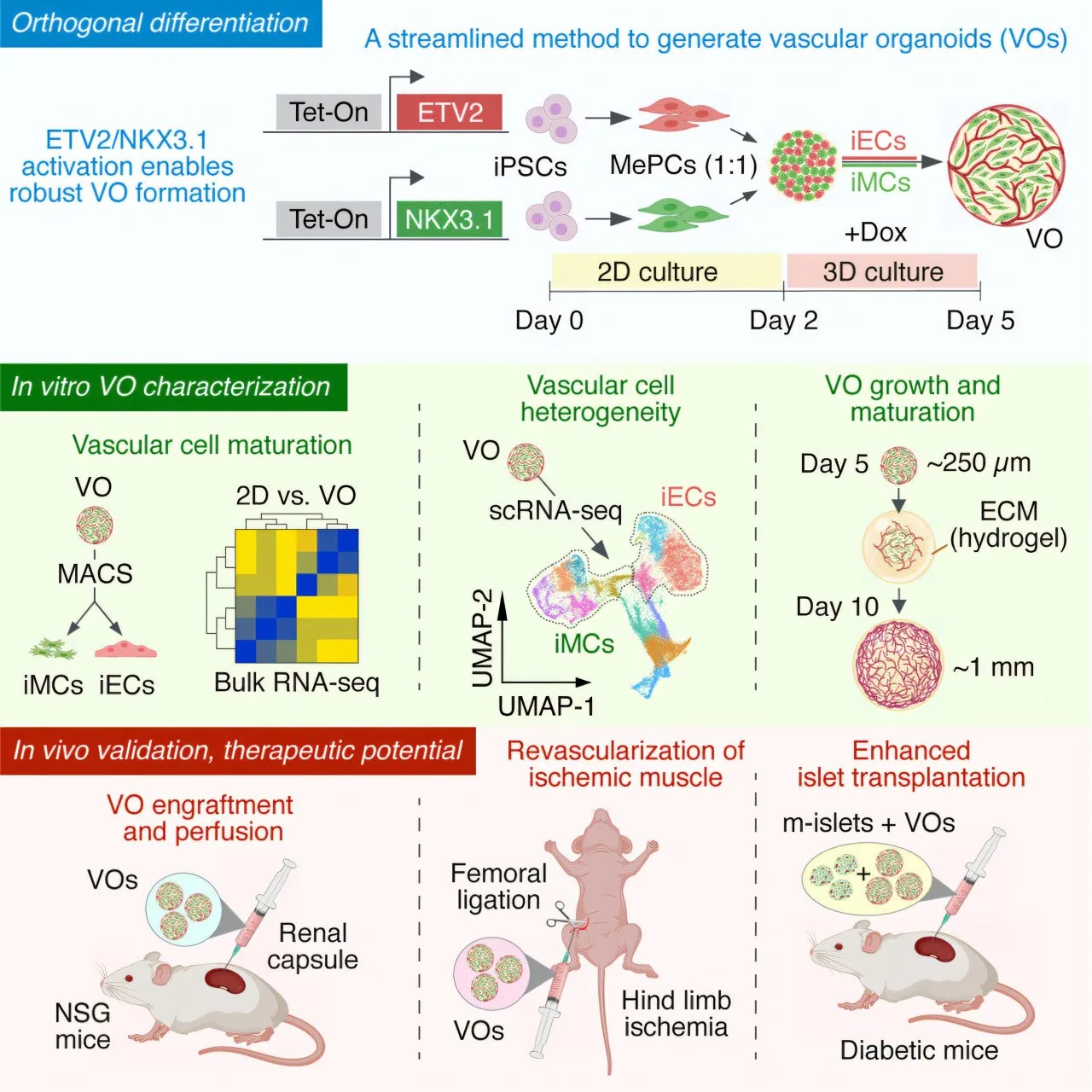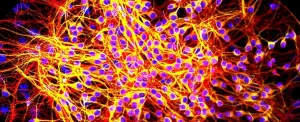Revolutionary Five-Day Method Creates Functional Vascular Organoids
Scientists at Boston Children’s Hospital have achieved a significant breakthrough in tissue engineering. They’ve developed a novel five-day protocol to generate functional vascular organoids. These organoids are not only capable of supporting blood flow but also demonstrate successful engraftment in living organisms.
What are Vascular Organoids?
Vascular organoids are three-dimensional, miniature versions of blood vessels grown in the lab. They mimic the structure and function of real blood vessels, making them invaluable tools for research and potential therapeutic applications.
The Significance of This Breakthrough
This accelerated method offers several advantages:
- Speed: The five-day timeframe significantly reduces the time required to generate functional vascular organoids compared to previous methods.
- Functionality: These organoids are not merely structural; they are fully functional, capable of supporting blood flow.
- Engraftment Potential: The organoids have demonstrated successful engraftment in vivo, suggesting their potential for regenerative medicine.
Potential Applications
The development of these functional vascular organoids opens up a wide range of possibilities:
- Disease Modeling: Studying vascular diseases in a controlled environment.
- Drug Discovery: Testing the effects of new drugs on blood vessels.
- Regenerative Medicine: Repairing or replacing damaged blood vessels.
- Understanding Vascular Biology: Gaining deeper insights into how blood vessels develop and function.
Final Overview
The rapid generation of functional vascular organoids represents a major step forward in biomedical research. This innovative approach promises to accelerate progress in understanding and treating a wide range of vascular diseases, paving the way for novel therapeutic strategies and regenerative medicine applications.




+ There are no comments
Add yours